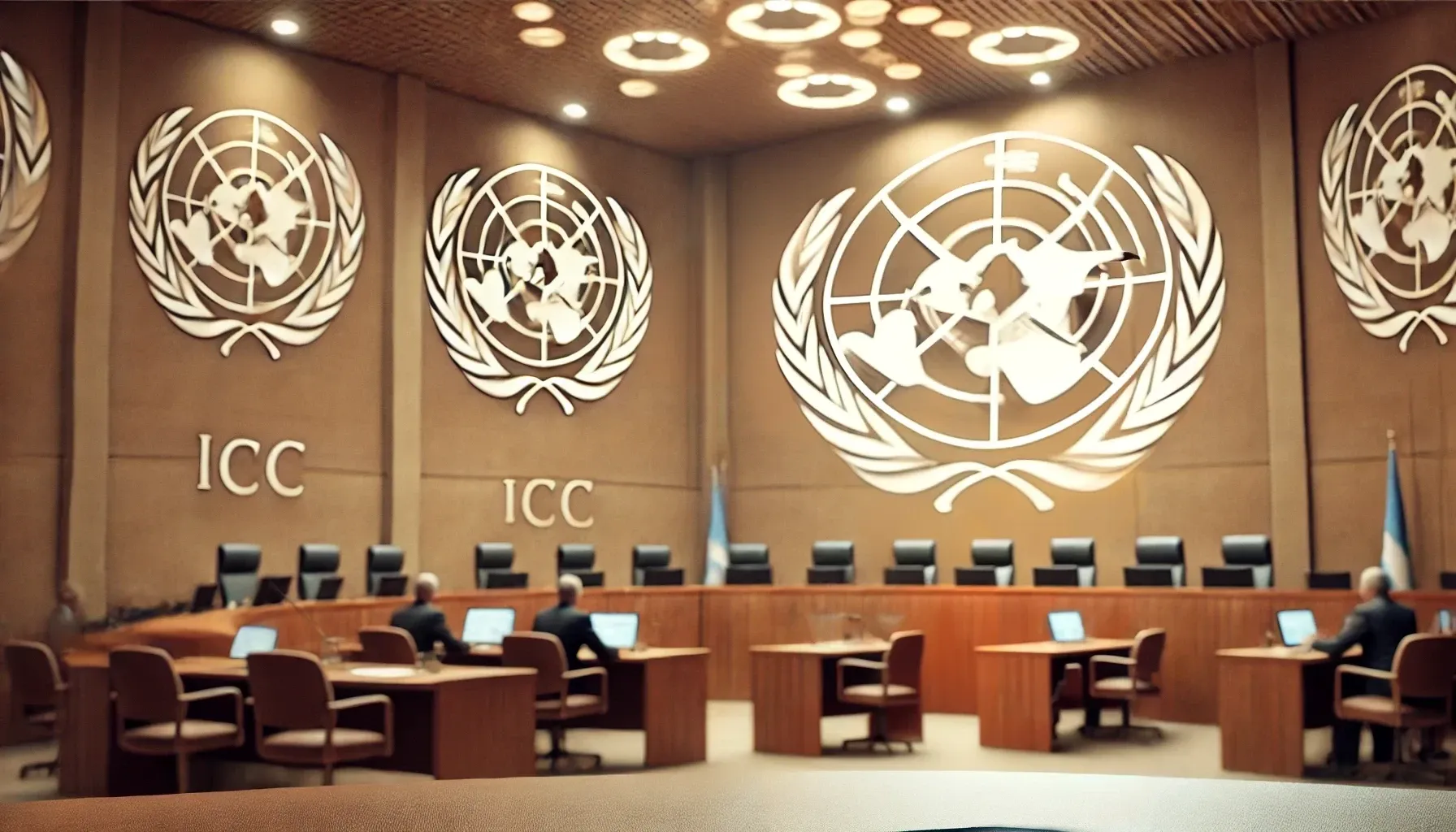The ICC prosecutor has requested an arrest warrant for Myanmar’s junta chief Min Aung Hlaing for crimes against humanity, a move hailed by rights groups but fraught with challenges in execution.

In a significant development, Karim Khan, the chief prosecutor of the International Criminal Court (ICC), has requested an arrest warrant for Senior Gen. Min Aung Hlaing, the head of Myanmar's military junta, for crimes against humanity. The charges stem from the 2017 deportation and persecution of Rohingya Muslims, which the United Nations has previously described as a “genocide” and a “textbook case of ethnic cleansing.” The announcement comes as a rare glimmer of hope for the Rohingya community, but the logistical and geopolitical challenges of executing such a warrant loom large.
Crimes Against Humanity: The Case Against Min Aung Hlaing
- Background of the Atrocities:
In August 2017, Myanmar's military launched a “clearance operation” against Rohingya civilians in Rakhine State following attacks by Rohingya militants.- At least 6,700 people were killed, more than 740,000 were expelled, and entire villages were burned to the ground.
- Livestock was slaughtered, and what remained of villages was left in ashes, forcing survivors to flee to neighboring Bangladesh.
- Prosecutor’s Findings:
The ICC prosecutor's office has concluded that there are “reasonable grounds” to believe Min Aung Hlaing bears criminal responsibility for these atrocities.- These crimes include deportation and persecution, carried out with the involvement of the Tatmadaw (Myanmar's armed forces), border police, and non-Rohingya civilians.
- The investigation, constrained by Myanmar’s non-membership in the ICC, relied on evidence gathered in Bangladesh, which is a signatory of the Rome Statute.
- Evidence Presented:
The prosecutor's statement details that the evidence includes witness testimonies, including insider accounts, as well as documentary, photographic, and video materials.
The ICC’s Bold Stand: Seeking Accountability
- Karim Khan’s Statement:
The ICC prosecutor stressed that the arrest warrant application represents a commitment to ensuring justice for the Rohingya. He said:
“In doing so, we will be demonstrating, together with all of our partners, that the Rohingya have not been forgotten. That they, like all people around the world, are entitled to the protection of the law.”
Khan also emphasized that this was merely the beginning, stating, “More [arrest warrants] will follow.” - The ICC’s Limits:
The investigation, which began in 2019, has been narrowly focused due to Myanmar's refusal to join the Rome Statute.- Evidence collection was limited to Bangladesh, where more than 1 million Rohingya refugees now reside in sprawling camps such as Kutupalong in Cox’s Bazar.
Global Reactions: A Rare Moment of Hope
- Rohingya Advocates and Rights Groups:
The announcement has been celebrated as a significant moment for justice:- Tun Khin, president of the Burmese Rohingya Organisation U.K., described it as “a rare day of celebration for the Rohingya.”
- Zin Mar Aung, the opposition National Unity Government’s minister for human rights, called it “a critical moment in Myanmar’s history.”
- Matthew Smith of Fortify Rights called the move “historic for the Rohingya and all people of Myanmar.”
- Challenges to Justice:
Despite the optimism, rights groups warned that the arrest warrant will have meaning only if it is issued and executed.
Geopolitical and Logistical Hurdles
- Myanmar’s Rejection:
Myanmar's military junta dismissed the ICC’s actions, asserting that the country is not a member of the court and does not recognize its jurisdiction. - Regional Obstacles:
The warrant’s execution faces significant hurdles:- Key nations like Russia and China, allies of Myanmar, are not ICC members and are unlikely to comply with the warrant.
- Within Southeast Asia, only Cambodia and Timor-Leste are ICC signatories, with limited likelihood of enforcement due to political considerations.
- ASEAN’s Stance:
Regional norms, including the principle of non-interference, further complicate the likelihood of Min Aung Hlaing being apprehended in Southeast Asia. - Hope Within Myanmar:
The only feasible path to justice may emerge from within Myanmar itself. The junta has faced significant military defeats recently, and should the opposition forces prevail or the junta collapse, Min Aung Hlaing’s surrender to the ICC could become possible.
Source: THE DIPLOMAT





